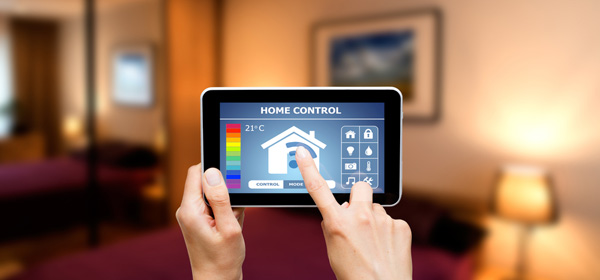A new study by RMIT University has found smart home control devices may actually be increasing energy use rather than cutting it, with households using them more for lifestyle benefits than to save power.
The study, funded by Energy Consumers Australia, gave 46 households the opportunity to try some market-leading smart home control devices, such as light bulbs and plugs that are controlled from a smart phone.
Despite the energy sector advocating smart home control technology as a way to help households manage their power consumption, lead author Dr Larissa Nicholls says the research shows these devices are not necessarily the answer to energy management.
“Trial participants found that it was not as simple as taking the devices out of the box, plugging them in and downloading the app,” Dr Nicholls, from the RMIT Centre for Urban Research, said.
“There was a range of usability issues which led to half the participants either not trying or failing to successfully install the devices.
“Failed installations were not just foiled by the devices themselves or lack of user persistence or knowledge.
“Smartphone compatibility issues, unreliable WiFi, forgotten passwords, app problems, and concern over requests to supply personal information were all given as reasons why some householders gave up trying.
“Those who gave up using the devices did so because they didn’t find them useful or convenient for their household.”
In terms of energy management, project lead investigator Dr Yolande Strengers said participants made either limited or no use of devices to manage their energy use.
“We found that households were more interested in using smart home control for lifestyle improvements – such as turning the heater on before they got home and using extra lighting for personal safety or home security – rather than to save or shift energy demand in the home,” she said.
Dr Strengers says the findings of the study call for the energy sector to be more cautious about how it promotes smart home control.
“Mainstream marketing of these devices could undermine the energy sector’s ambitions for home control devices,” she said.
“We need to be realistic about how smart home control products are marketed, how the media influences the way the products are used, and how the other benefits of smart home control may affect home energy consumption.”
Do you have smart technology installed at your home? Do you use it to save power? Do you find it useful?
Read the full RMIT study.
Related articles:
How smart home technology helps
Top five smart home products
What’s in a smart home?

